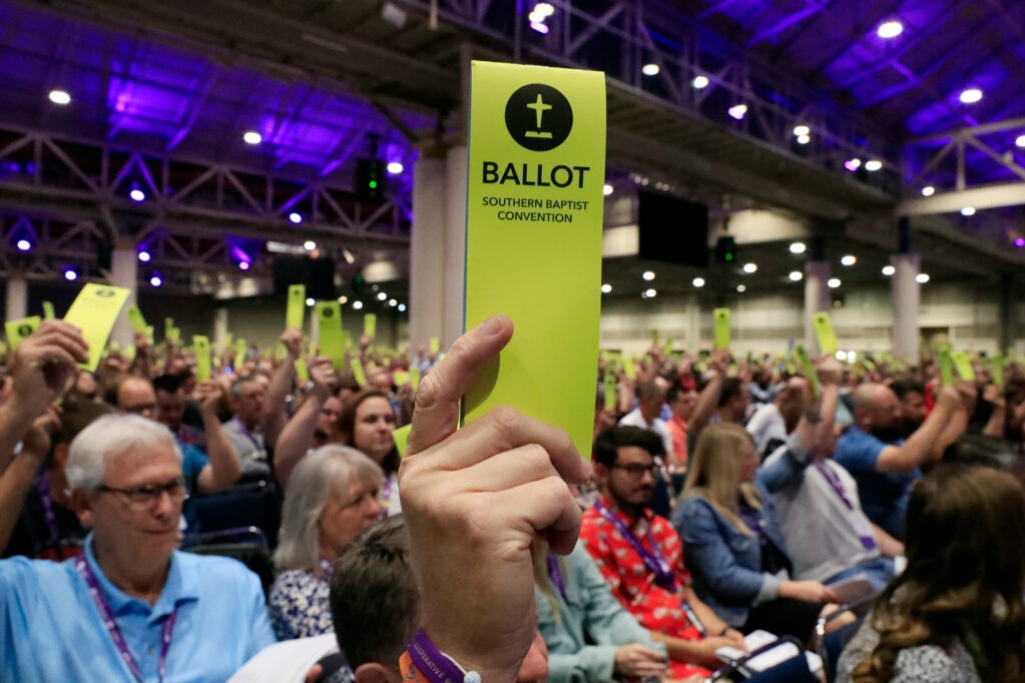For many, sorting through media in today’s information age feels much like venturing out into that dense morning fog. Opening our web browsers quickly feels overwhelming as we attempt to discern where to go for authority, to distinguish the good from the bad, and true from the false. Media seems omnipresent, ready and waiting for us to access it, and yet unable to scale itself back.
Pushing past the well-worn path of outlining technological ethics based on how technology is used, let’s identify what kind of impact technology, especially blogging, has upon ourselves and upon the life of the church. Blogs are the result of sustained democratization and technological innovation in the media arts. Within the church they are used for a great number of different reasons, ranging from birth announcements to revival meetings, and from sourcing theological reflections to advertising seminary programs. Blogs are now a part of our daily technological lives. The question is should they be? What might they be doing to us as we utilize them?
That blogs can be used both rightly and wrongly is a claim hardly in need of justification. But the assumption often seems to be that if one can blog, and can blog for the church or for right reasons, then blogging is a commendable activity. But, again, this is simply to sanctify a question cast in utilitarian terms. Instead we want to identify what role blogs play ethically within the life of the church and what they are doing to us.
Allow me now to offer three moral questions – speed, tone and authority – for initiating a longer conversation about blogging in and for the church:
– Speed. It is in the nature of blogs to be quick and efficient. Entries can be written and published in minutes, if not seconds – which, in some instances, may perhaps be beneficial. But to the extent that blogs about church life or about theological subjects endeavor to “speed up” the conversation about the nature of an issue, it proportionately slows our journey toward anything resembling consensus or unity. The inherent hastiness of blogs demands that the writer or operator monitor closely their publishing speed. Is it really possible to say something meaningful that everyone needs to read every few hours? Probably not. So, speed of publication is question No. 1: How fast can something of great quality be produced?
– Tone. Closely related to the speed of blog publication is the tone of blogging. Blogs “for the church” should be kind, gentle and willing to yield. When confronted by an interrogator with ulterior motives, Jesus commonly responded to even the most conniving questions with precision and meekness. Only on the rare occasion would he sharpen his tone, and would do so typically to make a properly timed public statement. Each blog entry, therefore, should mimic the general manner and tone of Jesus’ teaching and seek always to edify the reader. For this reason, it seems to me that “enabling” comments for each entry may turn out to be counterproductive. If your post is measured and your audience’s comments are vitriolic, then your blog has become a venue for vitriolic discourse. Some discussions are simply not fit for the informality of the blogosphere. So, tone of discourse is the second question: Does the venue of blogging, virtual and disembodied, enrich our discourse or impoverish it?
– Authority. Here the ethical question is whether one should publish material one is not in the position to comment on intelligently. If intellectual humility is a virtue, then impromptu publishing on theological topics should be avoided. Theological reflection is not done quickly or viciously, and neither should it be done baselessly. A blogger owes it to God, to us, and to himself to publish well-substantiated remarks that deepen our lives together beneath the throne of grace. The initiative among Baptist seminaries to publish faculty reflections on topics vital to church life is encouraging in this regard; Midwestern Baptist Theological Seminary, the seminary where I teach, is beginning such a faculty blog in a matter of weeks. Having blog posts mediated or refereed by a group or by someone with experience or expertise in the field is, I believe, imperative to the integrity of our fellowship. Seeking criticism or counsel from another person will only sharpen the truth and potency of the message. Dull blades are sharpened before they’re put to use. So the third question becomes: Does blogging confuse or clarify what Christians should view as authoritative?
Presently, I fear that blogs too often hasten our ecclesial and theological discussions, antagonize or exacerbate the tone of those discussions, and in so doing cause us to overlook or ignore wise authorities. When the imprecision of our communication outstrips our good intentions we need to ask again whether the vehicle or mode of our communication is itself clouding our judgment. And this is what I mean by needing to initiate a conversation about how blogging, as a venue of our discourse, positively or negatively forms us. Let’s temporarily set the question of how to rightly or wrongly use technology aside and set the ethical question in different terms.
It remains crucial that we see others not as virtual abstractions, but as fellow brothers and sisters in Christ. If we meet our brothers and sisters in the blogosphere, isn’t it worth asking, just as we ask ourselves about what impressions the architecture of worship spaces has upon us, how the “place” of our meeting facilitates our encounters? Blogs are everywhere and address a vast array of subjects. We are past the stage of turning our hazards on; we had best pull to the side and take things more patiently.


